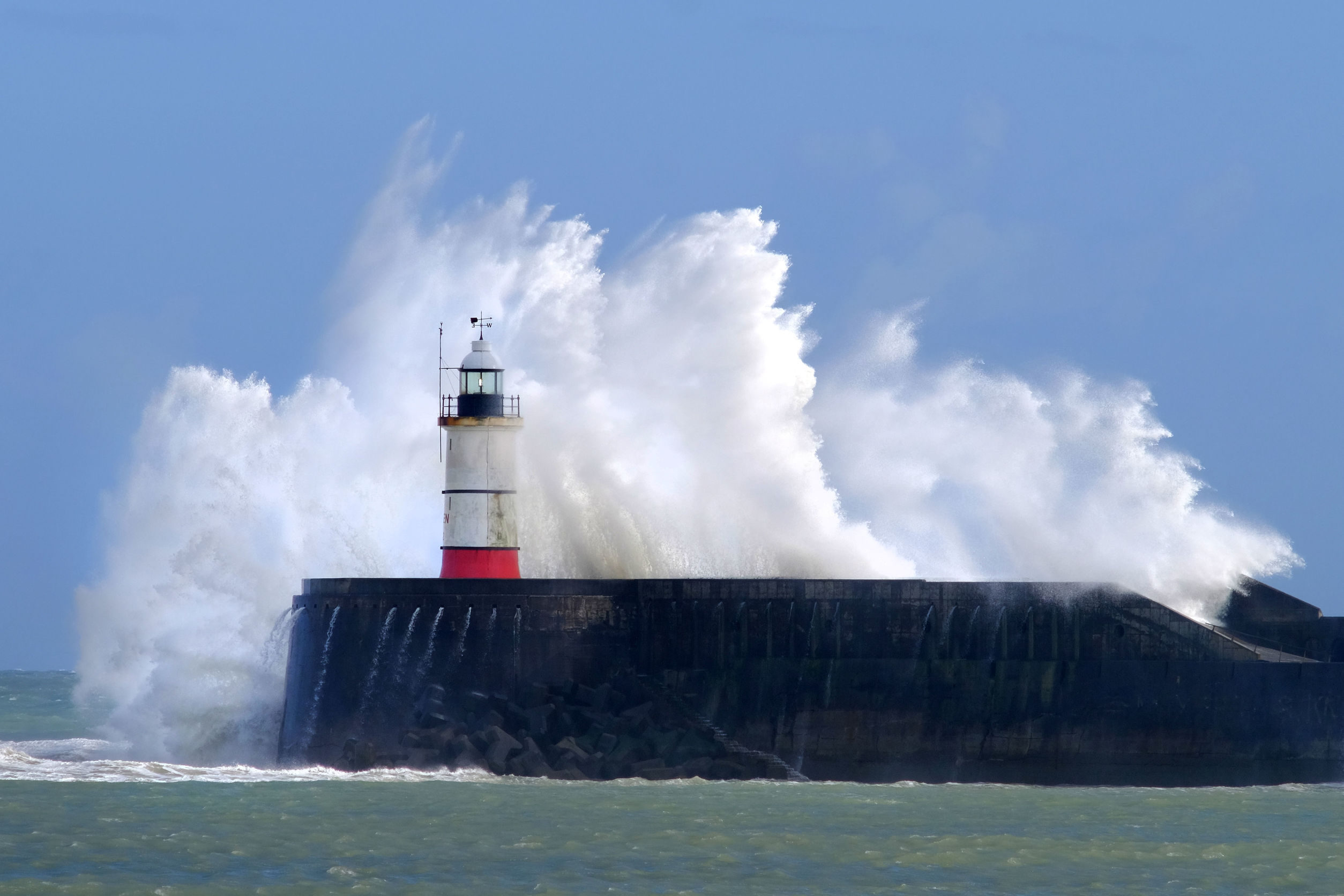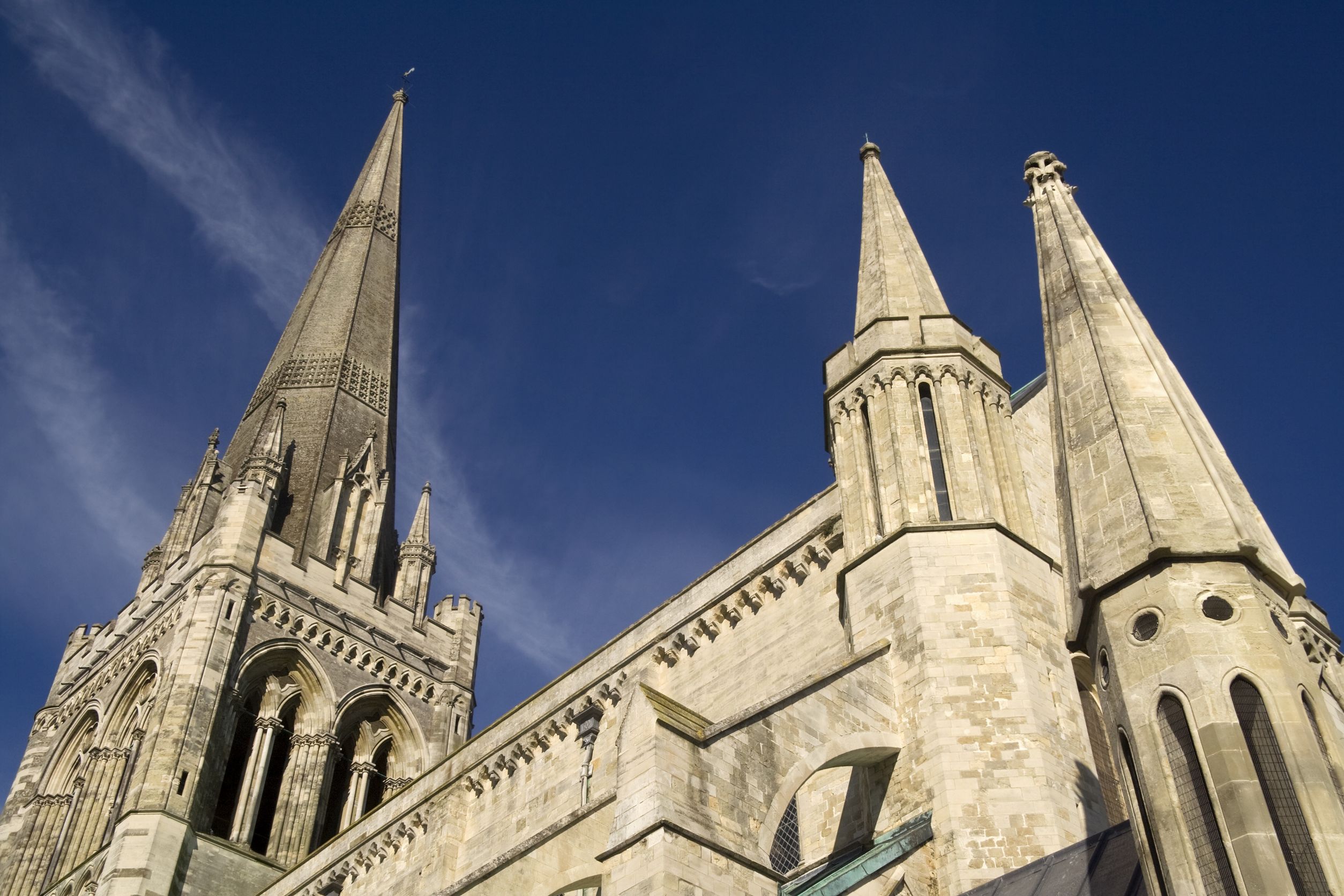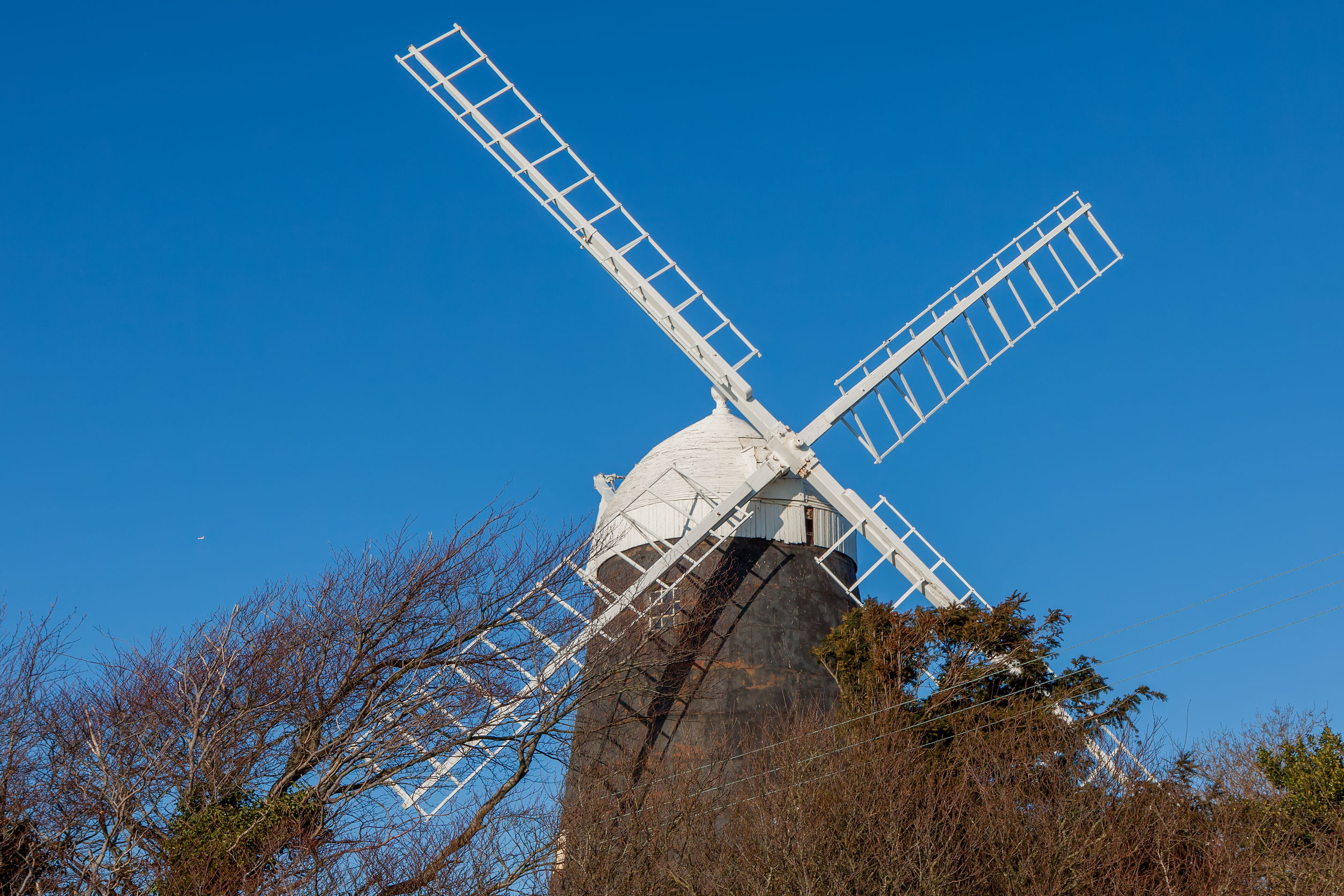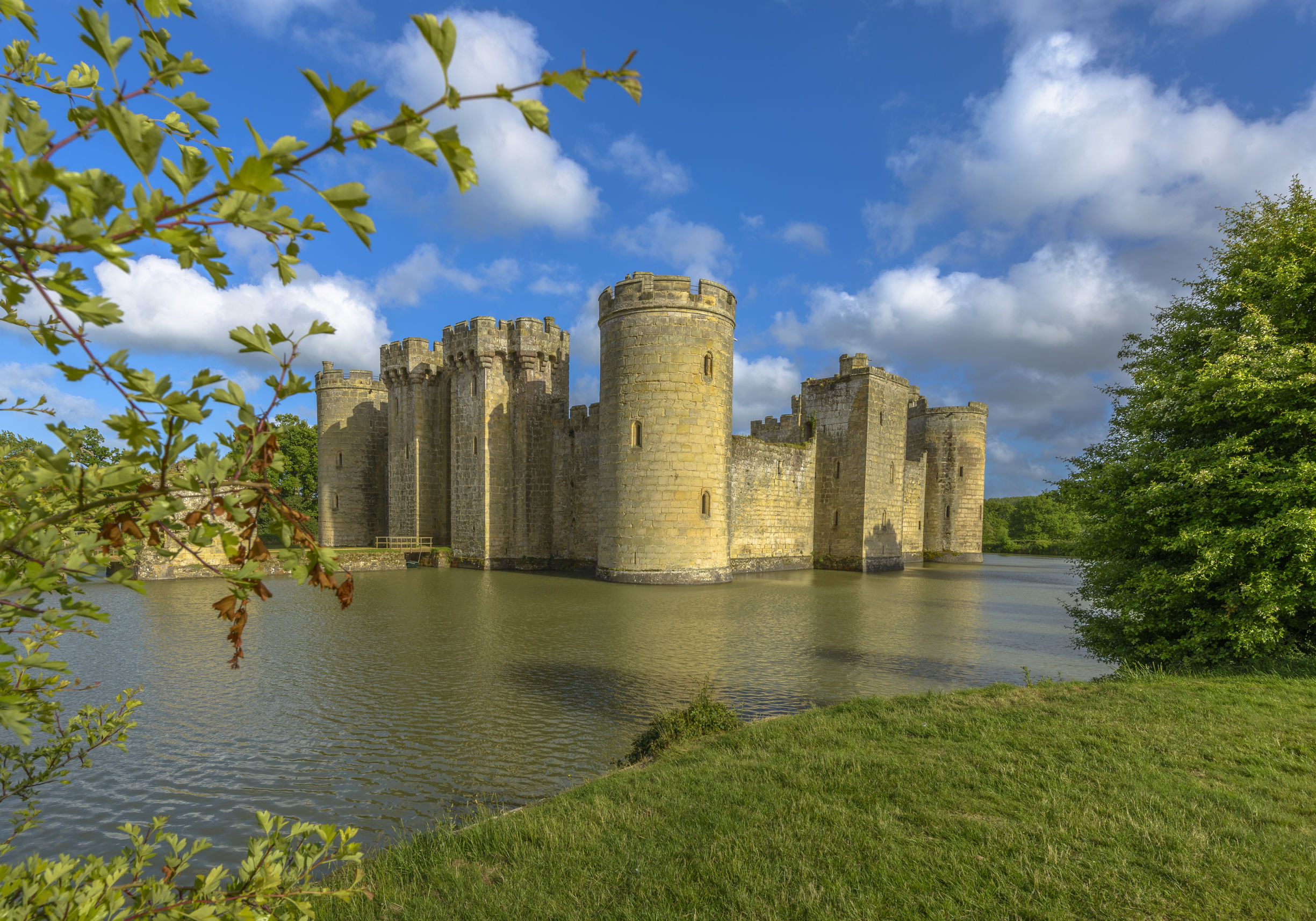Information supplied by Wikapedia
The song became popular during the First World War, having already been adopted by the Royal Sussex Regiment as an unofficial "nick" march. William Ward-Higgs, a native of Lancashire, lived at Hollywood House in South Bersted[2] for only five or six years.[1] One version of the tune's origins is that Ward-Higgs grew to love his adopted county so much he produced a marching song in its praise.[2] In another version Ward-Higgs composed the song specifically for the wedding of his sister-in-law Gladys when she became engaged to Captain Roland Waithman of the 2nd Battalion of the Royal Sussex Regiment.[1][2] It may well have come from a poem written by Rudyard Kipling in 1902 entitled Sussex, the final stanza of which is:
"God gives all men all earth to love,
But since man's heart is small,
Ordains for each one spot shall prove
Beloved over all.
Each to his choice, and I rejoice
The lot has fallen to me
In a fair ground – in a fair ground –
Yea, Sussex by the Sea!"




